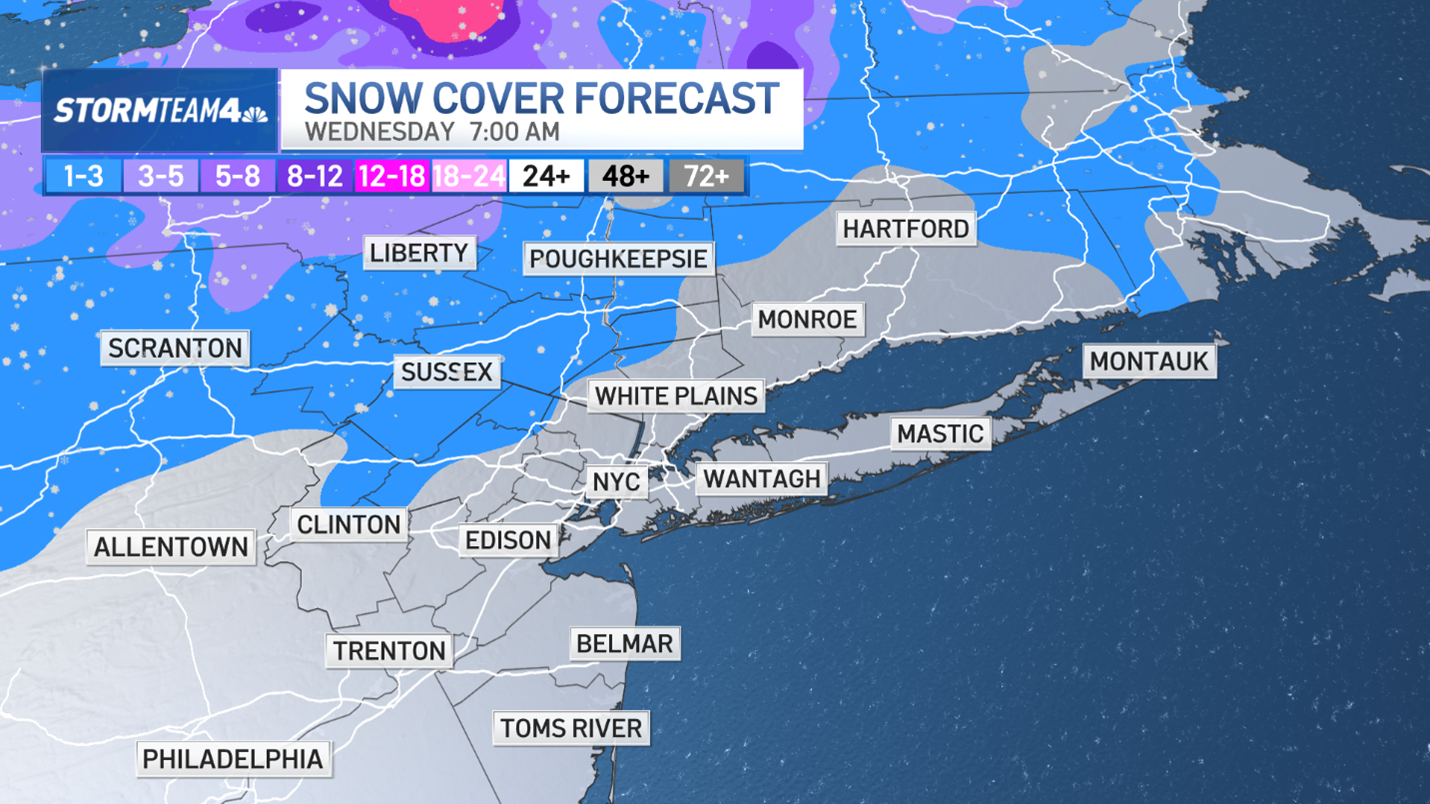What to Know
- Concert series in NJ shore town was cancelled to ensure the safety of a federally-protected bird that has made its home on its beaches
- Piping Plover nest was discovered on a beach traditionally used for the Sandy Hook Foundation’s summer concert series, park officials say
- According to park officials, over the last decade, Sandy Hook has csupported 40 to 50 percent of the state’s nesting plover pairs
An annual summer concert series in a Jersey Shore town has been cancelled in order to ensure the safety of a threatened, federally-protected bird that has made its home on its beaches.
A Piping Plover nest was discovered the week of June 3 at Sandy Hook’s Beach E, traditionally used for the Sandy Hook Foundation’s summer beach concert series, the National Park Service says.
All along the Atlantic coast there are fewer than 3,000 nesting pairs of plovers, according to park officials. So far, this year, these birds have built more than 20 nests on Sandy Hook’s beaches.
According to park officials, over the last decade, Sandy Hook has consistently supported anywhere between 40 to 50 percent of the state’s nesting plover pairs.
Because noise disturbs Piping Plovers, a federally-protected shore bird, the U.S. Fish and Wildlife Service mandates that no activity such as concerts take place within 1,000 meters of the nest, and so the concert series has been cancelled, according to park officials, adding that this legal obligation will also give the birds the greatest chance possible at nesting success.
In a joint statement, park officials and the Sandy Hook Foundation said that “noise scares the birds so much they can’t focus on what they flew here to do: live on Sandy Hook for a couple of months, then move on,” adding that “the National Park Service and the Sandy Hook Foundation want to help these shorebirds survive.”
Local
“We want these special birds to thrive,” Gateway National Recreation Area Superintendent Jen Nersesian said in a separate statement. “The park did try to find an alternative location, but could not identify anything that meets the Foundation’s needs or the spirit of what this program has become. We are disappointed right alongside our visitors, but appreciate everyone’s support in helping to save a species on the brink.”



